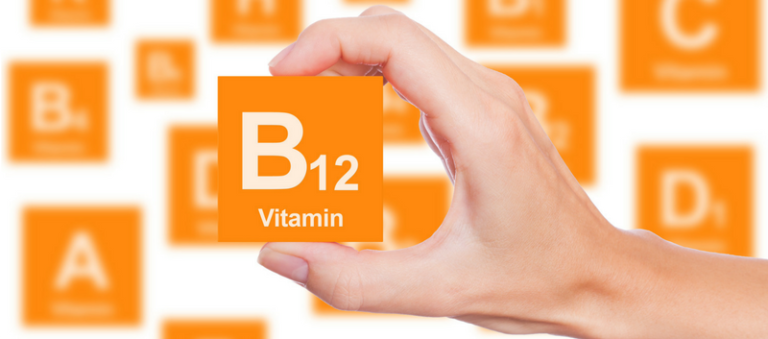
Vitamin B12 Deficiency: Symptoms And Side-Effects
Vitamin B12 (Cobalamin) is one of the 8 B vitamins that is required for the proper functioning of nerve tissues, red blood cells, and brain. It also regulates and synthesizes DNA. It also plays an important role in synthesis of fatty acids and facilitates energy by absorbing folic acid from the body.
Side effects of Vitamin B12 deficiency
The deficiency of vitamin B12 in the body can lead to potential damage, especially to the brain and nervous system. The people who have a low level of vitamin B12 in their body can experience anemia, depression, tiredness, confusion, and memory loss.
The serious issues that a person with low vitamin B12 levels might experience are neurological changes including numbness and tingling in the hands and feet. Vitamin B12 deficiency carries a serious risk of permanent nerve and brain damage. Some of the people who do not get sufficient amount of vitamin B12 are at higher risk of developing mania, psychosis, and dementia.
Infants with low levels of vitamin B12 might experience unusual movements, such as reflex problems, face tremors, irritation, feeding difficulties, and eventual growth problems if left untreated.
Symptoms of B12 deficiency
The most common symptoms of B12 deficiency or anemia are fatigue, palpitations, and shortness of breath or irregular heartbeat. Individuals suffering from anemia may also experience:
- A sore mouth or tongue
- Diarrhea
- Pale or yellowish skin
- Weight loss
How to get sufficient amount of vitamin B12?
You can get sufficient amount of vitamin B12 by eating a healthy diet. Animal products including meat, fish, eggs, and other dairy products contain natural vitamin B12. It does not typically occur in plant foods.
Foods that are good sources of vitamin B12 include: Beef, pork, ham, poultry, lamb, fish, especially haddock, and tuna, milk, cheese, and yogurt.
As vegans don’t eat animal products, they can take vitamin B12 dietary supplements to avoid deficiency. They can also take soya milk and breakfast cereals as both of them are fortified with vitamin B12.
How to choose vitamin B12?
If in case you’re not getting sufficient amount of vitamin B12 from your diet, you can take vitamin B12 dietary supplements. Make sure to consult with your health care provider before adding any supplement to your diet. Choose a vitamin B12 that is USP verified and have a “USP verified” mark on the label. Don’t use vitamin B12 tablets that say “timed”- or “sustained-release” because these may not work as well.


